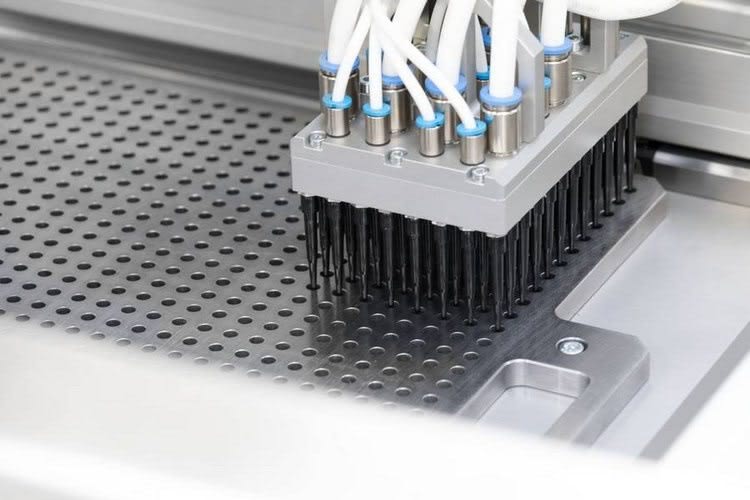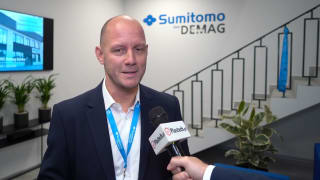Innovative lightweight concepts from a single source
Material substitution to reduce component weight is an important trend in the automotive industry, also in China, where electric vehicles are very much on the increase. There are four main areas the processors in Asia are looking at here: LED lenses made of PMMA, glazing systems made of polycarbonate, foam injection moulding, and composite technologies.ENGEL is dedicating an Expert Corner of its booth to composite technologies. At its Center for Lightweight Composite Technologies in Austria, the machine manufacturer works with partner companies and universities to develop especially economical processes that will help composite technologies become established in automotive series production faster. From HP-RTM and SMC, through processing of thermoplastic semi-finished products such as organic sheets and tapes, to reactive thermoplastic technologies such as in-situ polymerisation (T-RTM), ENGEL’s developers are exploring all the current cutting-edge technologies and have already achieved several internationally significant milestones. A central success factor in that process has been ENGEL’s expertise in automation and systems solutions. At the same time, ENGEL also offers in its v-duo a machine series that is specifically developed for the demands of the composites industry.
Processing liquid silicone rubber, no reworking required
Electric mobility relies not only on new processing technologies but also new design solutions. For example, electric vehicles require a greater variety of grommets to lead wires safely from the engine compartment into the vehicle interior than those with a combustion engine. During Chinaplas, ENGEL is producing wire grommets made of liquid silicone rubber (LSR) for individual wires with a corresponding fine structure. A tie-bar-less e-victory 50/80 injection moulding machine with electric injection unit is used to process the extremely low-viscosity LSR with high precision and high efficiency. On the ENGEL tie-bar-less injection moulding machines, the patented force-divider ensures that the moving mould mounting platen follows the mould exactly while the clamping force is building up distributing the clamping force evenly across the platen face. This keeps all the cavities closed with exactly the same force, which ensures consistent compression of the mould and consistently high product quality. “Burr-free manufacturing with no reworking required is the only way high-tech components can be produced economically from LSR in injection moulding,” Willmeroth stresses. LSR is used increasingly in China. Besides seals for diverse applications, a growing number of microcomponents, for example for mobile phones or medical technology, are also made from LSR on tie-bar-less ENGEL machines.ENGEL is presenting LSR processing with its partner Elmet Elastomere Produktions- und Dienstleistungs GmbH (Oftering, Austria). In this application, the 4-cavity mould and the LSR dosing system, which can be integrated in the CC300 control of the e-victory machine, come from Elmet.
A cleanroom solution with a tiny footprint
Another premiere is in Medical, where ENGEL is presenting a highly integrated production cell for manufacturing pipette tips under cleanroom conditions. This exhibit too, is the result of cooperation between Europe and China. ENGEL, Waldorf Technik (Engen, Germany) and Wellmei Mold (Dongguan, China) have combined their know-how and experience with medical precision parts and tailored the system solution exactly to the specific requirements of the Chinese processors.
Because the pipette tips are used in fully automated analytical systems, reproducible product quality is the highest priority.




